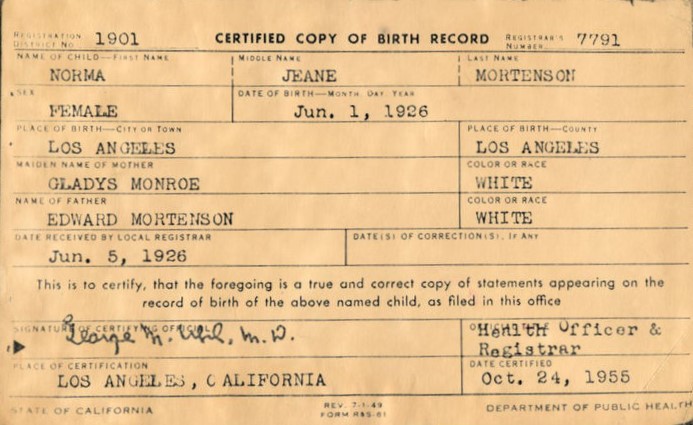
Do you have a branch of your family in a certain county where you just can’t find any records? You may be dealing with research in a “burned county.” This designation was first used for counties in Virginia whose courthouses had been burned down during the Civil War (1861-1865). The terminology has since expanded to at least 40 states and includes any county that has experienced records loss - whether by fire, war, termites, natural disaster, or by county clerks and other employees who just didn’t find the records relevant anymore and tossed them out with the trash. I live in Tennessee where 60 of the state’s 95 counties have experienced records loss. My own county was burned twice in a thirty year span during the late 1800’s and a tornado wiped out the courthouse and the county clerk’s office again in 1999 destroying more records than I’d really like to pause to think about. So where do you go with your research when records have been lost?While it is true that records loss means you’ll most likely have to reconcile leaving some boxes blank on your tree, burned counties are not lost causes. You do have options for finding information on your ancestors, but you may have to employ some creative thinking.
Remaining County Records & Local Resources
Dig in and really research the county. Was there a complete records loss before a certain period or was it only partial? What records remain? Start by finding all of the local records repositories - they could include the courthouse, county clerk’s office, alternate records storage buildings, county archives, libraries, historical societies, churches, cemeteries, etc. Once you have that list, research the holdings of each repository. Sometimes libraries, archives, and historical societies have friendly rivalries, in which they try to out-do one another with their available records, and the person this benefits is you if you take the time to dig in at each place and leave no page unturned. There is no index, book, microfilm, map, or loose paper collection that should be deemed irrelevant or left unsearched when you are researching in a burned county - you never know what may become relevant. I’ve seen a transcribed personal bank book that listed dealings with around 100 people in a community during a “pre-burn” time period, which means that, in a book that could be easily overlooked, there are 100 identifiable people at a certain place in a given year for whom there may be few other records. Be thorough and systematic with your search by keeping a research log. As you go between repositories there may be duplicate holdings, and if you know what you’ve already searched you can focus your time and energy on what you haven’t searched.
State and Federal Records
While the county records may be long gone, remember that there are many important record sets that may have been filed with or kept at the state and federal levels that are still available to you. While quite a few state and federal records have been digitized and put online for your convenience at places like Ancestry or FamilySearch, there are still even more records that are exclusively at state or federal archives buildings such as state censuses, land grants, court papers, vital records, divorce records, law libraries, military service and pension files, newspapers, photo collections, and even personal and oral history projects to name a few.State & Federal Library and Archives tend to play in a whole different league than local records repositories because they are specifically charged with the safe-keeping of important history and documents on a very large scale. The library and the archives, while in the same building, are often split up with the library providing books for each county and the archives holding the microfilm and special collections. There are security measures at these buildings so be sure to research ahead of time what identification or paperwork you need to bring along, the stipulations on items allowed into the building, and the currency needed for making copies.
Other Resources
When the traditional resources are exhausted, don’t forget about the non-traditional resources as well. Colleges and Universities often have special collections that are untapped resources in family history research. There are also those “old” county Rootsweb and GenWeb internet pages that may still have transcribed record-sets, donated materials, or people looking for the same surname as you. You can also reach out to an AncestorCloud helper who works in the area or has expertise in certain subjects - we’re here because we love the history and the search, and we want others to love it as much as we do! And when the search in one place is finished, and some of those spaces on your tree may be left frustratingly unfilled, just remember that it doesn’t mean that the little pieces of information that remain don’t matter just because they didn’t fit neatly into a box on the pedigree chart. What we’re doing by researching our family history is telling the story of how we got here, and in that story the magic is in the details. Do you want to know if a certain county is a designated “burned county?” Random Acts of Genealogical Kindness (http://www.raogk.org/) has compiled a list of the known burned counties listed under “counties” for each state - just begin by clicking a state on the interactive map.Click here to receive help from an expert with your Tennessee genealogy research or Virginia genealogy research.




